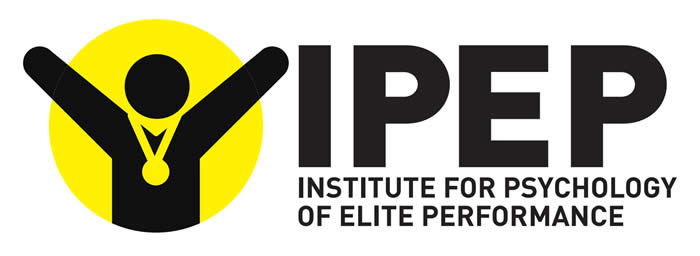Anxiety
Within IPEP we have a long history of leading international research in the area of stress, anxiety, pressure and performance. Since the late 1970s we have been challenging the simplistic views that have been commonly accepted in the field. One of the major advances was the development of a catastrophe model of anxiety and human performance (see Hardy, 1990). This model is a key feature on University sport psychology curriculums across the world. Several lines of anxiety research are currently being pursued within IPEP. These include a novel conceptualisation of anxiety that fully incorporates the control processes involved in the effects of anxiety on elite performance. We also continue to explore the mechanisms underpinning the relationship between pressure, anxiety and performance via theoretical perspectives such as Reinvestment and Ironic Processes.
Example Publications:
Mullen, R., & Jones, E. (2021). Network Analysis of Competitive State Anxiety. Frontiers in Psychology, 11, [586976]. https://doi.org/10.3389/fpsyg.2020.586976
Gorgulu, R., Cooke, A., & Woodman, T. (2019). Anxiety and Ironic Errors of Performance: Task Instruction Matters. Journal of Sport and Exercise Psychology, 41(2), 82-95. https://doi.org/10.1123/jsep.2018-0268
Jones, E., Mullen, R., & Hardy, L. (2019). Measurement and validation of a three factor hierarchical model of competitive anxiety. Psychology of Sport and Exercise, 43, 34-44. https://doi.org/10.1016/j.psychsport.2018.12.011
Bellomo, E., Cooke, A., & Hardy, J. (2018). Chunking, conscious processing, and EEG during sequence acquisition and performance pressure: a comprehensive test of reinvestment theory. Journal of Sport and Exercise Psychology, 40(3), 135-145. https://doi.org/10.1123/jsep.2017-0308
Gray, R., Orn, A., & Woodman, T. (2017). Ironic and Reinvestment Effects in Baseball Pitching: How Information about an Opponent Can Influence Performance under Pressure. Journal of Sport and Exercise Psychology, 39(1), 3-12. https://doi.org/10.1123/jsep.2016-0035

